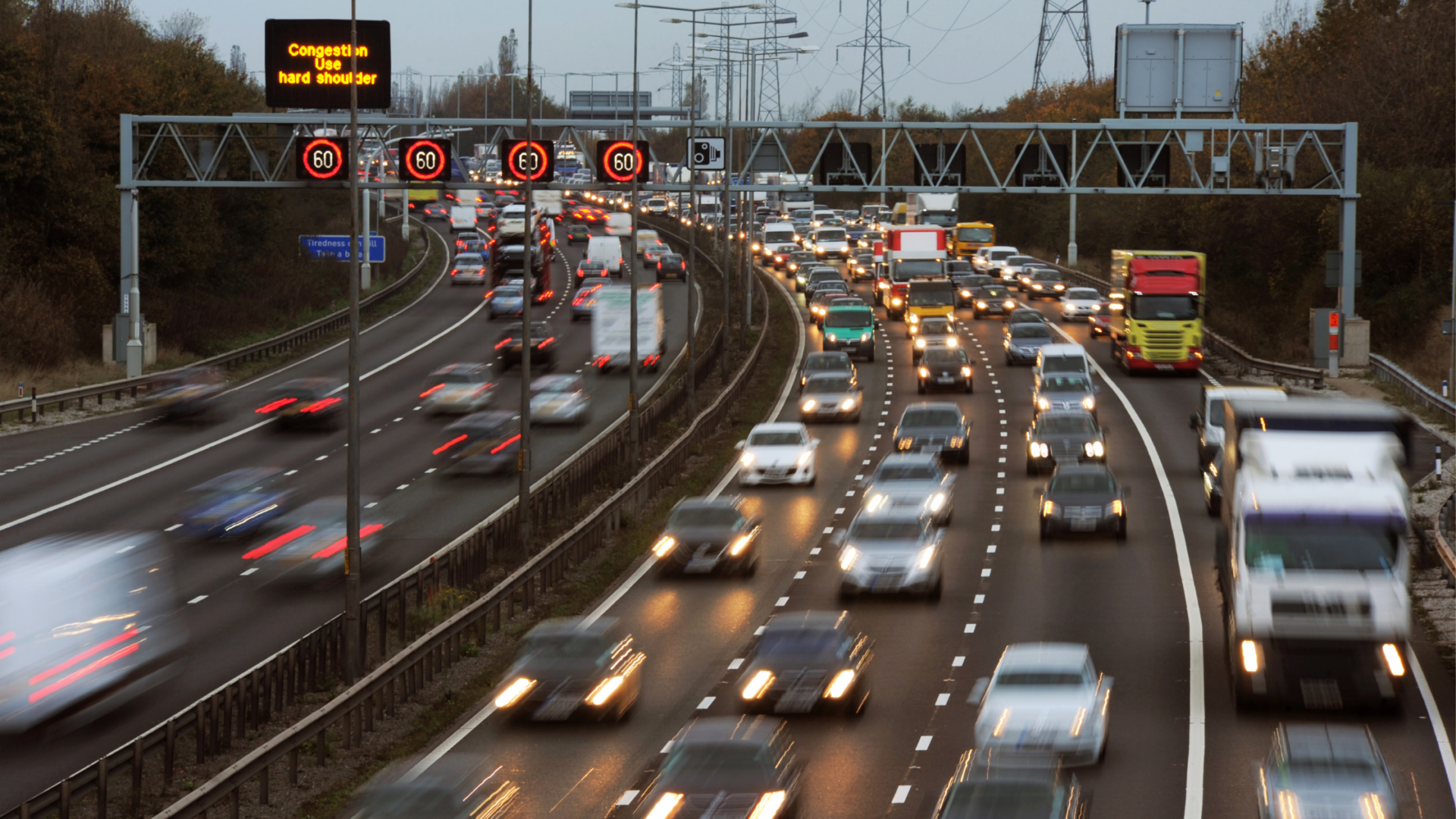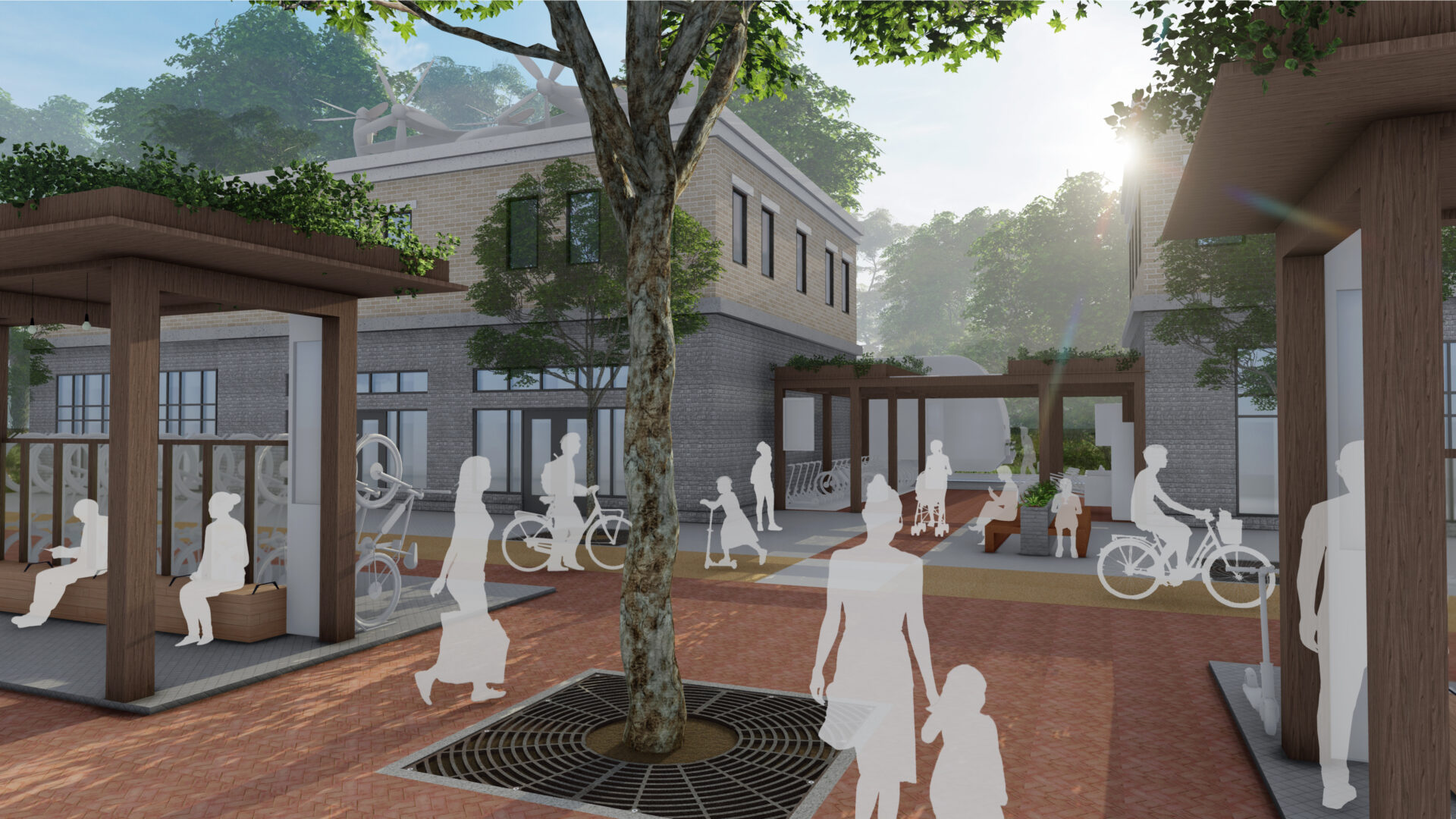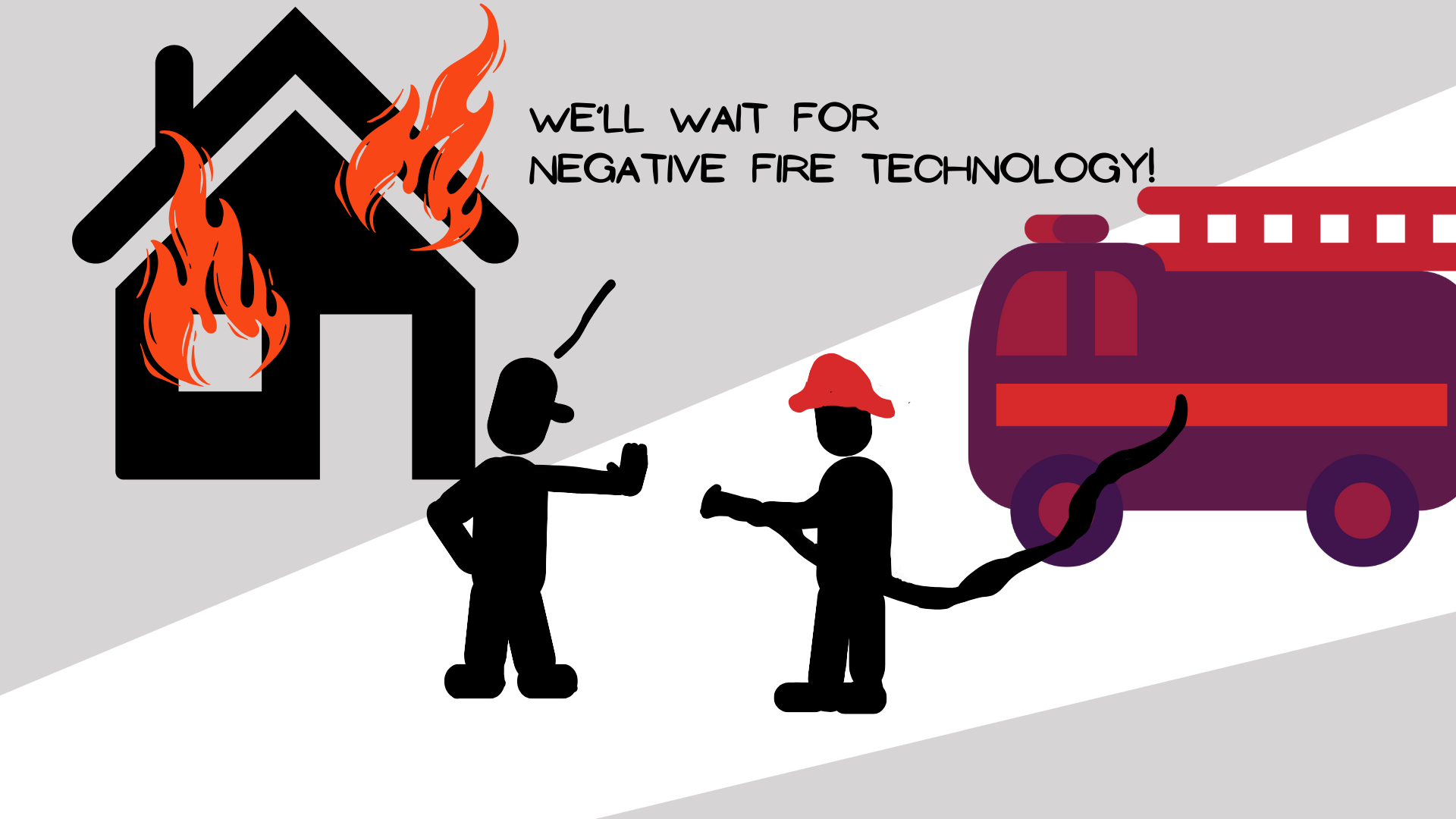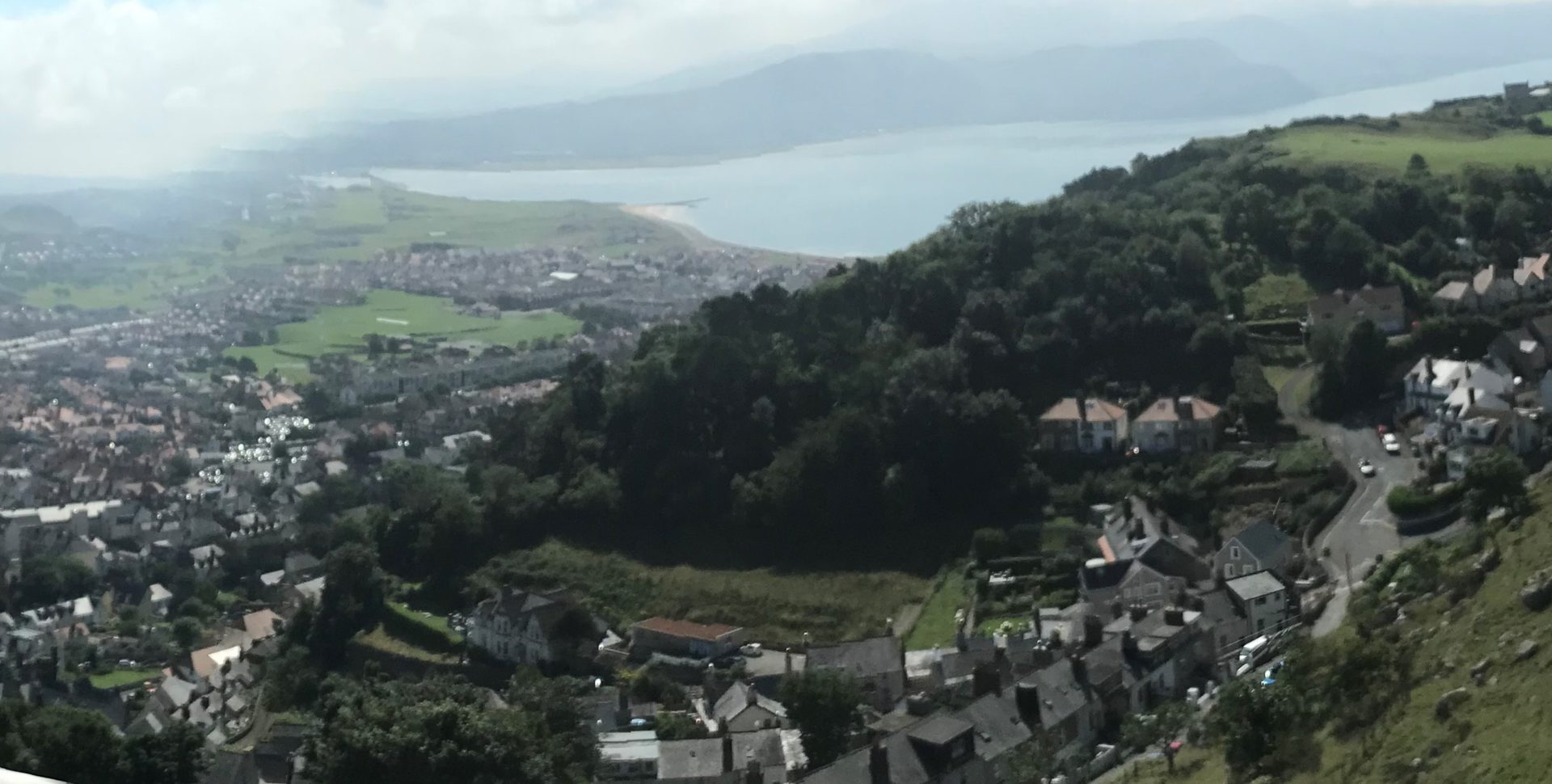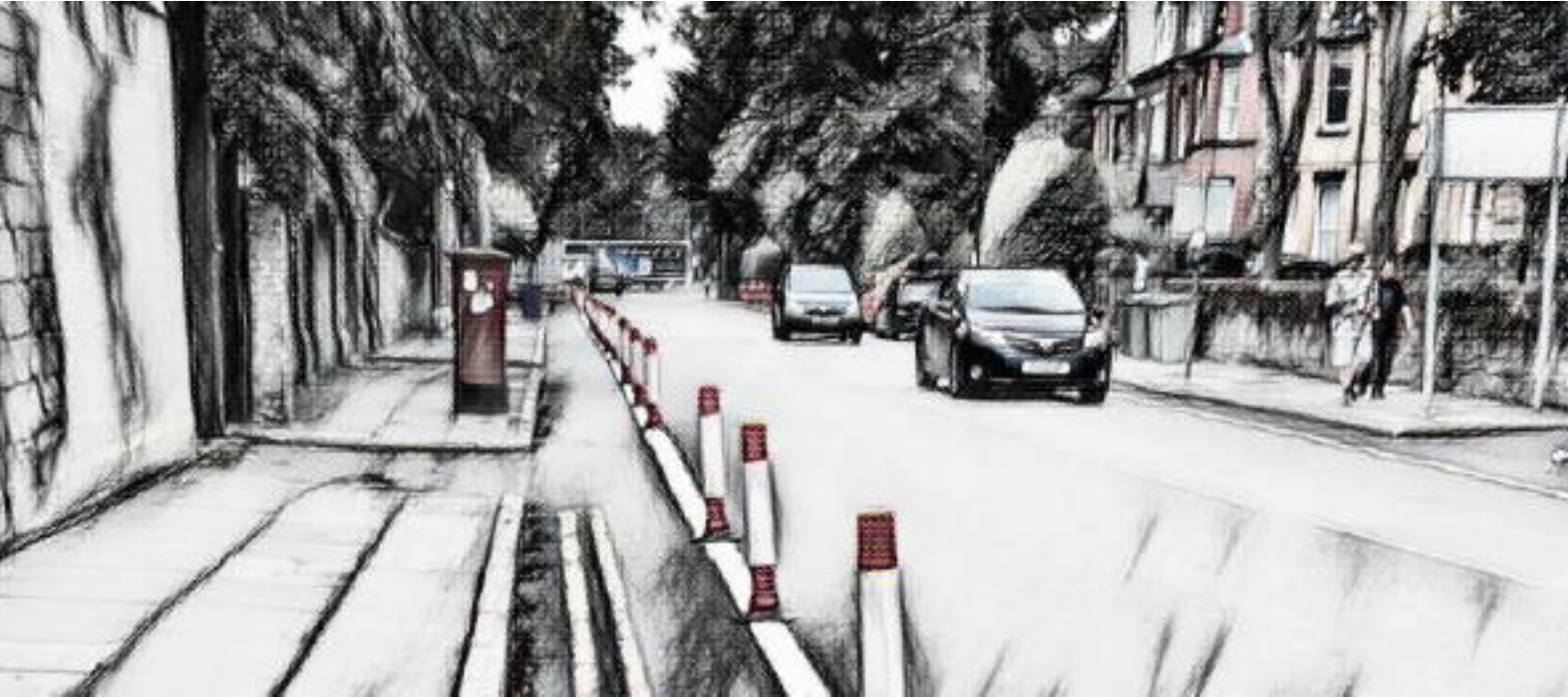Disclaimer: The views expressed in this blog belong to the authors and are not necessarily representative of DecarboN8, or any other organisation, employer or company.
Where next for transport and carbon budgets?
by Greg Marsden This post originally appeared on EDRC The Climate Change Committee (CCC) is currently building its methodology and evidence base for the 7th five-year …
Help promote transport decarbonisation research
For the past four years DecarboN8 has been working in collaboration with four other EPSRC funded research networks to provide evidence based information and insights …
New report identifies ‘gap’ in Britain’s transport decarbonisation journey
The study suggests that radical changes are needed to the planning and design of places to meet mobility carbon targets. A new report has been …
The Department for Sustainable Commuting
Greg Marsden spoke last week at Mobilityways Zero Carbon Commuting Conference. His presentation explored the idea of what he would do in his first 100 …
Rowing Backwards: The New Politics of Decarbonisation
by Greg Marsden In this short blog I reflect on what Prime Minister Rishi Sunak’s announcement on Wednesday really means for decarbonisation policy in transport. …
Reverse gear: The reality and implications of national transport emission reduction policies
New analysis has shown that Department for Transport has quietly rolled back its ambition to introduce cleaner, more efficient road travel. Transport is the UK’s …
Freeports and the Net Zero Review
The UK Department for Business, Energy & Industrial Strategy (BEIS) has commissioned a review of the government’s approach to delivering on its promise to deliver …
A change of direction: DecarboN8 informs the Welsh Roads Review Panel
By Greg Marsden On 14th February the Welsh Roads Review Panel reported its recommendations to the Welsh Minister. The Review Panel had been established in …
Lessons from a region’s rapid road space reallocation
By Dr Richard Dunning and Dr Alexander Nurse In May 2020 the Government announced a £250 million Emergency Active Travel Fund for local authorities in …
Understanding changes in car ownership over time
By Malcolm Morgan The UK has a car problem. They are responsible for more than half of all surface transport carbon emissions. High car use is …

